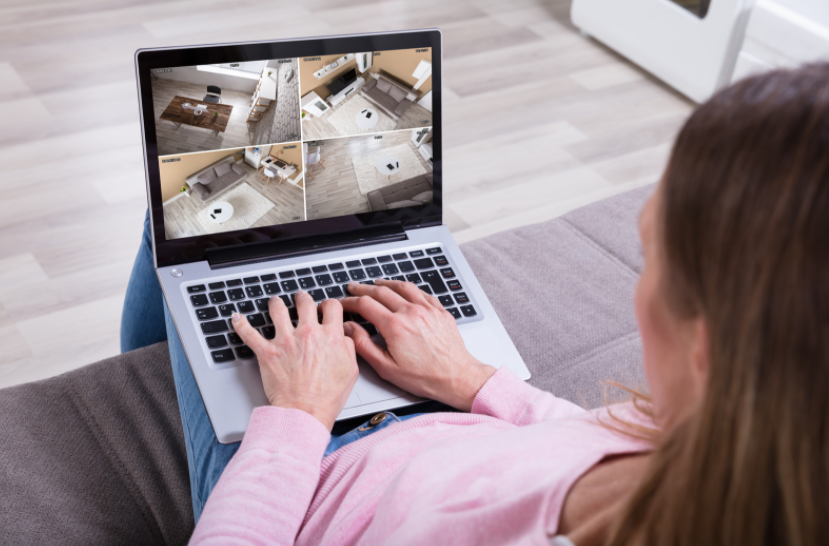Buying the Right Home Security System
October 25, 2020

Purchasing a home security system provides peace of mind that you’re taking action to protect your residence and its occupants from intruders. While home security systems have existed for quite some time, the cost of buying and maintaining one has dropped significantly over the past several years. Most systems today are wireless rather than landline-dependent, and this equipment is much easier to install. As an added financial benefit, some purchasers of a home security system may reduce their annual homeowner’s insurance premium up to 20 percent.
Home Security System Equipment and Operation
Options abound for home security systems that fit needs and budgets. While some consumers purchase equipment on their own and set it up themselves, many rely on the expertise of professionals to make the process quicker and easier.
Common pieces of home security equipment include:
- Contact sensors
They trigger an alert when doors and windows to which they are attached get opened or closed.
- Motion sensors
These devices detect movement when someone is in the room.
- Glass-break sensors
They pick up the sound of glass cracking or shattering.
- Base station
As the “brain” of the security system, it acts as the bridge between all the sensors and online operations plus contains back-up measures in case of power or Internet outages. Large homes may require range extenders to increase the wireless range of the base station and connect to more remote sensors.
- Keypads
Punching in multi-digit codes here enable arming and disarming the alarm. Fobs may allow tapping the keypad or base station instead.
- Security cameras
Wireless cameras, video doorbells, and the like provide a visual of what is going on and can record footage.
Consumers also sometimes add on equipment designed for purposes other than break-ins. Environmental sensors provide alerts for fires, carbon monoxide, and water leaks. Individuals at risk of falling or suddenly becoming ill can purchase panic pendants to wear in order to quickly alert a monitoring service to send help. Home security systems also can be designed to centralize controls for locks, lights, and thermostats to create a smart home hub controlled by an app on your phone.
Monitoring
Some people choose to self-monitor their home security system. Such a scenario involves personal action such as calling the police themselves when an alarm goes off or receiving a message on their smartphone when a sensor gets triggered.
More commonly, consumers opt for professional monitoring that provides 24/7 surveillance. Trained security representatives react whenever they receive an alert from your home’s security system. They’ll notify you and contact emergency responders when necessary. Some companies provide temporary monitoring services that people who typically self-monitor can purchase for a certain amount of time, such as when they go away on vacation.
Other Considerations When Choosing a Home Security System
The costs for equipment, installation, and monitoring vary considerably, so it pays to shop around before purchasing a home security system. When doing comparisons, be certain you’re examining like packages.
Also, don’t sign on the dotted line until you understand all of the terms of the contract. Read closely for information such as who takes care of broken equipment or what fees you might incur if choosing to cancel professional monitoring before a certain date. Low-price offers often entail committing to a longer service contract, so be certain you’re comfortable taking that on.
Finally, see about any approval you may need for your home security system. If renting, your landlord may require a heads-up before wiring any hardware. Also, some neighborhoods require residents putting in security systems to obtain a permit, so look into that either on your own or through your professional installer.
Latest Posts
October 29, 2020
October 28, 2020
Getting Extended Car Warranty Coverage
October 27, 2020


